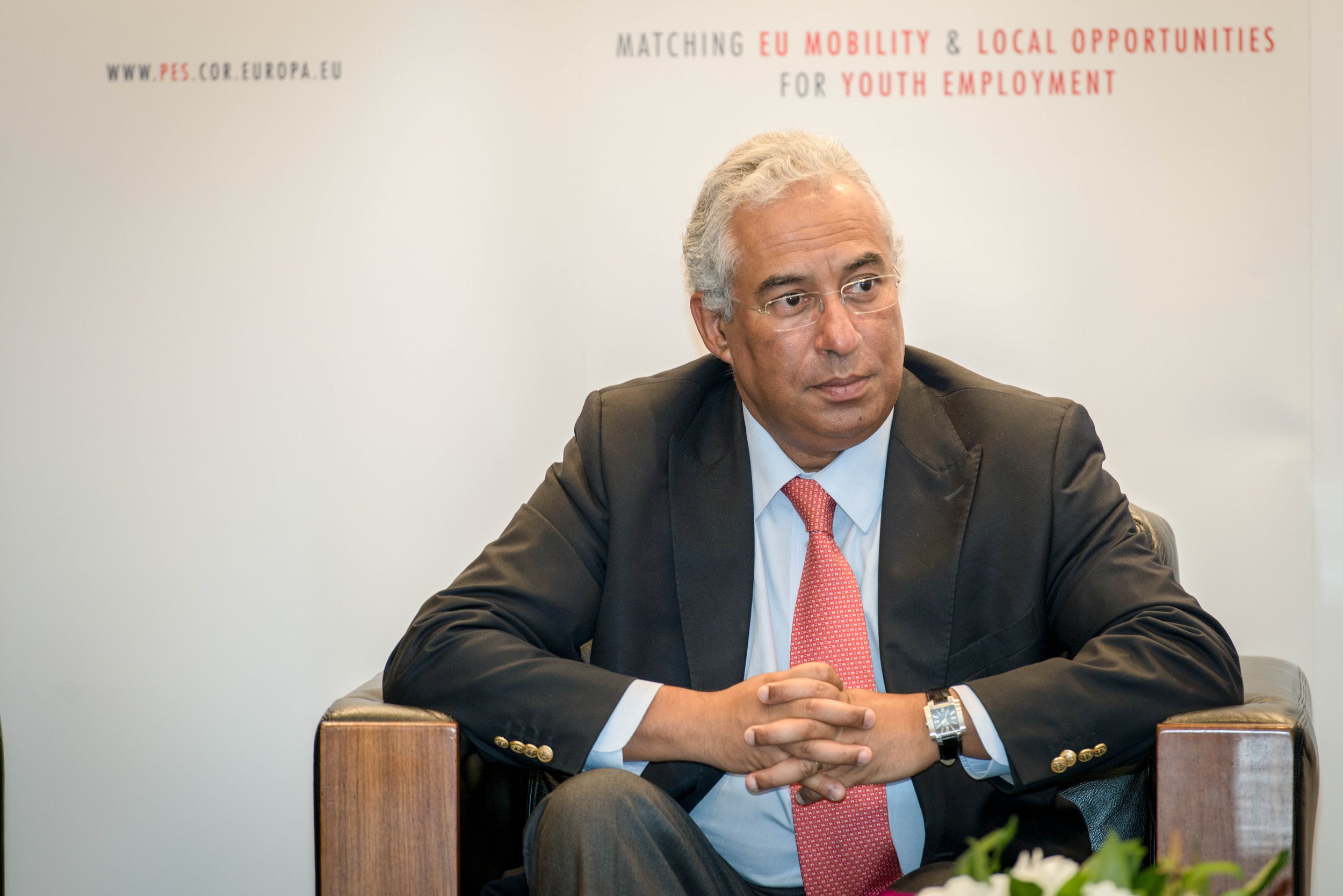Photo courtesy of PES Group Committee of the Regions via Flickr.
António Costa, former prime minister of Portugal, resigns due to alleged government corruption.
By Mira Crane ’27
Contributing Writer
A widespread corruption inquiry caused Portugal’s prime minister, António Costa, to resign on Nov. 7. His unexpected resignation occurred after police searched government buildings and offices, including the office of Costa’s chief of staff, as part of an investigation into government corruption.
The charge is for corruption and influence peddling practiced by elected officials, specifically regarding a data center and green hydrogen plant in the south coast city of Sines, and lithium mine concessions by the Portuguese-Spanish border, NPR reported.
According to The New York Times, the Portuguese police have also issued an arrest warrant for the prime minister’s chief of staff, Vítor Escária. The warrants were also issued for three other individuals the prosecutor’s office termed a “flight risk,” as well as the mayor of the town of Sines, NPR reported.
Prime Minister Costa came to power in 2015 under a coalition of his socialist party and two small left-wing parties and remained in office until his resignation, according to The New York Times. While Costa has been praised for his handling of the COVID-19 pandemic, his economic policies have been more controversial, The New York Times reported.
Costa’s socialist party won a landslide victory in last year’s elections, and he was expected to remain in office for several more years, according to NPR. Despite the fact that 10 senior government officials have resigned since the 2022 election, and an additional two quit due to a scandal over a compensation payment, Costa has publicly claimed innocence and said he had no idea he was being investigated. He has also acknowledged that he is not above the law, NPR reported.
According to BBC News, Costa has promised to cooperate with the investigation. He asserted that his resignation did not mean that the inquiry into his office was based on his alleged actions or because he had been named as a suspect, BBC News reported.
Portuguese lithium reserves are critical due to Europe’s increasing demand for electric cars as they try to reduce their reliance on China, Africa and South America for lithium exports and other raw materials, according to BBC News. The New York Times reported that lithium is a crucial ingredient in renewable energy and electric car batteries, making it vital for manufacturers.
NPR reported that Portugal’s lithium projects are also part of the green initiative the European Union is funding and supporting across the continent — an initiative that Costa has supported by allying with Spain’s prime minister on this project.
Locals have protested against some of these new mining projects, BBC News reported. The village of Covas do Barroso in northern Portugal is fighting against the establishment of the Barroso mine that would utilize rock deposits under their jurisdiction and operate on their doorstep, according to BBC News.
Now, lithium mines in the north, as well as Sines’ green hydrogen plant, are connected to the investigation, according to NPR. The New York Times revealed that, according to the report sent by the prosecutor general’s office, several private homes in Sines, as well as its city council office, were among 37 locations searched by the police.
The police also searched the office of the Ministry of Infrastructure and the Ministry of Environment, The New York Times reported. The statement also listed Portugal’s minister of infrastructure and the head of Portugal’s Environmental Agency as suspects in the investigation.
However, according to The New York Times, the prime minister was not accused in the report. Still, the prosecutor’s office claimed that those under investigation used the authority and name of the president to “unblock procedures” regarding the exploration concessions, The New York Times reported.
The prime minister’s resignation was accepted by Portuguese President Marcelo Rebelo de Sousa. The president is expected to call for new elections after dissolving Parliament, NPR reported. According to BBC News, he issued a summons to Portugal’s political parties for a consultation on Nov. 8.
Amongst the public, feelings about the resignation differ. Some praise Costa for his quick resignation, while others are fearful of the instability this might cause, NPR reported. However, some who support the resignation, like Pedro Felipe, a 29-year-old software developer in the Portuguese capital, Lisbon, feel this political instability may lead to positive change.
“Sometimes you need some instability so that something better can come next,” Felipe told NPR.

